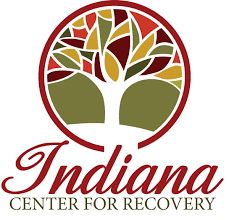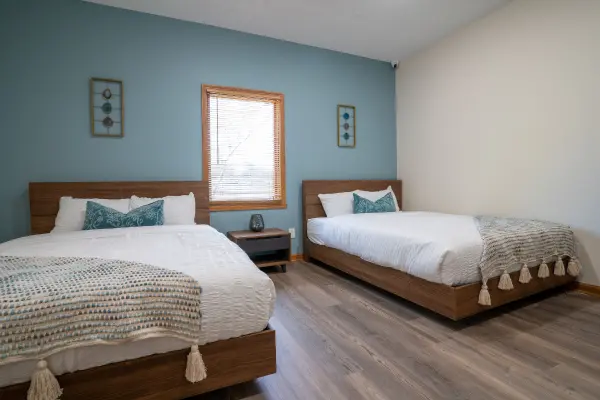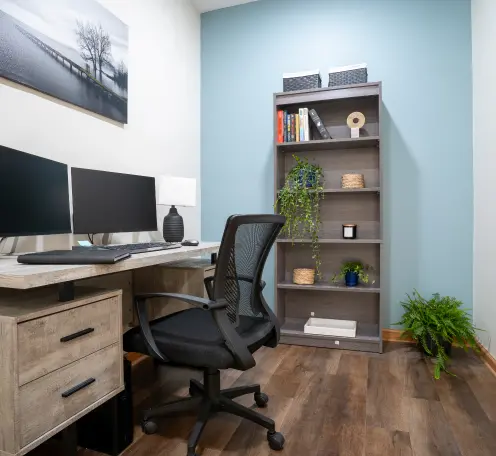Requesting a call is the first step toward recovery. Our team is here to help you 24/7.

Medical Wellness Center








Named one of America’s Best Treatment Centers for 4 consecutive years (2021–2024), Indiana Center for Recovery in Indianapolis offers a compassionate, structured residential program for adults and Veterans facing addiction and mental health challenges. With 24/7 support, the program combines evidence-based therapies and personalized care, including detoxification. Thoughtfully crafted daily schedules blend therapeutic activities like mindfulness with moments to unwind and reconnect.
The Indianapolis location specializes in treating substance use disorders, including addictions to alcohol, opioids, cocaine, methamphetamine, and benzodiazepines, alongside mental health issues like PTSD, anxiety, depression, and bipolar disorder. The residential program focuses on detoxification, relapse prevention, and addressing co-occurring disorders through evidence-based therapies such as cognitive behavioral therapy (CBT), dialectical behavior therapy (DBT), and trauma-informed care. Creative outlets like art and music therapy further support emotional well-being, while holistic methods, including meditation sessions and recreational activities, help clients find balance.
At Indianapolis, recovery is supported by thoughtful amenities that enhance the healing process. Clients have access to an on-site gym with daily workout opportunities, meditation sessions, and entertainment options like ping pong, pool tables, and a basketball court. Basic toiletries, laundry facilities, and meal services are provided, ensuring a worry-free stay. Snacks, sandwiches, and drinks are available at all hours, allowing residents to feel at home while focusing entirely on their recovery journey.
Understanding the vital role families play in recovery, the Indianapolis residential program includes family-focused workshops during Monthly Family Weekends, where loved ones can learn about addiction, mental health, and effective support strategies. Comprehensive discharge planning ensures clients leave with a solid foundation, connecting them to therapy, support groups, and other community resources to maintain progress after treatment. The robust aftercare program fosters ongoing connections and relapse prevention, empowering individuals and their families to move forward with confidence.

Have Questions? Give Us a Call.